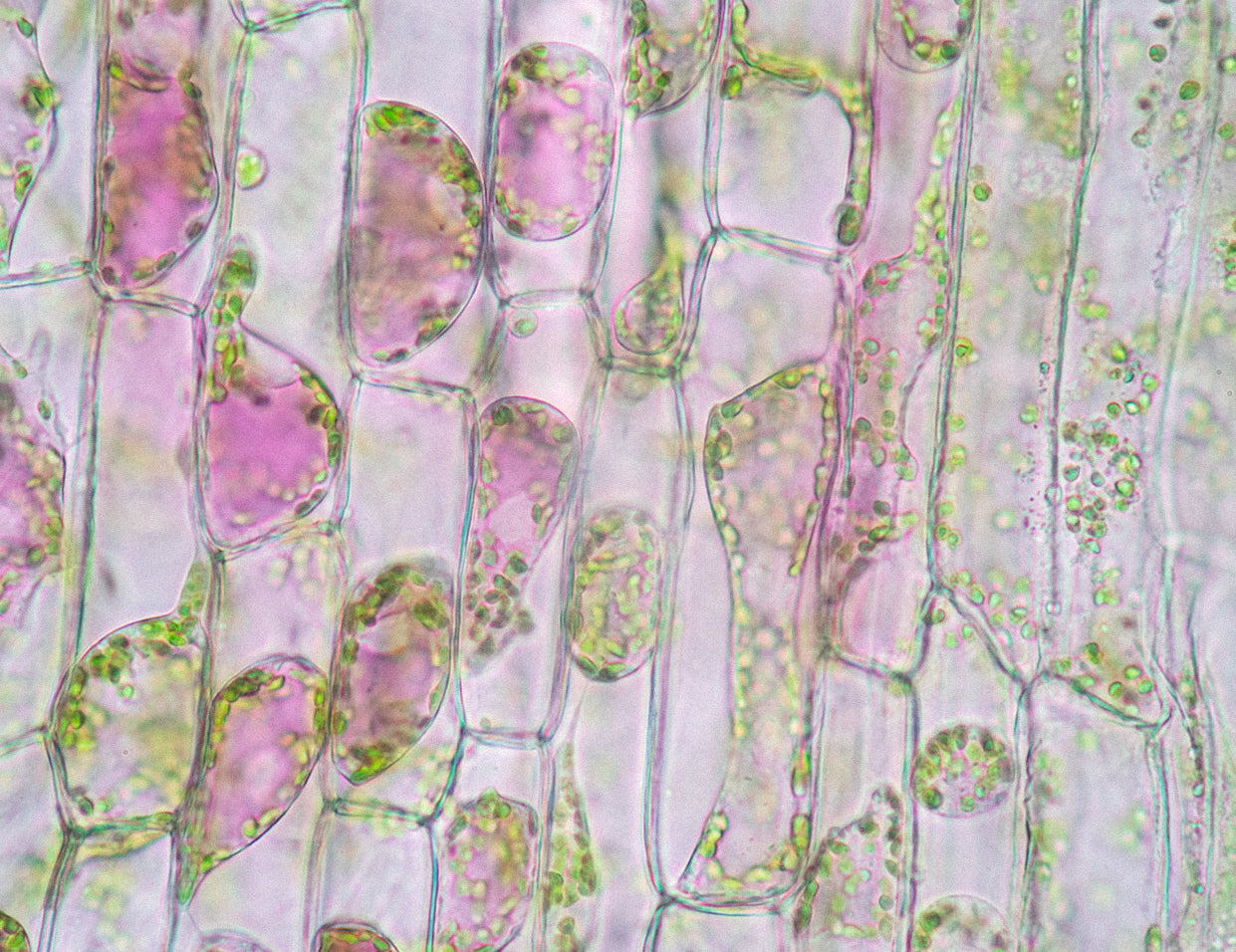Ceramides, a category of complex lipids naturally present in the skin, are well known for their ability to support the skin barrier as well as act as cell signaling molecules. Particularly effective in hydrating the skin and enhancing its resilience, ceramides are a promising cosmetic ingredient for those seeking to achieve softer, smoother, and healthier looking skin.
What are Ceramides?
Ceramides are a type of waxy lipid that naturally occur in high concentrations in the uppermost layers of skin. The name comes from cera or wax and amide, the type of bond connecting the fatty acid and sphingoid components. Ceramides consist of 2 parts: a fatty acid and a sphingoid base and the combination of different fatty acids and sphingoid bases lead to different ceramides with varying functions. Ceramide nomenclature has recently changed, going from a flawed numerical system based on polarity to names based on the actual chemical structure of the ceramides. For example, older literature and papers will refer to Ceramide EOP as Ceramide I. Ceramides are part of the intercellular multilamellar barrier, the mortar in the often referenced brick and mortar structure of the skin. Ceramides are the primary lipid in the multilamellar barrier which consists of 40-50% ceramides, 25% cholesterol, 10-15% fatty acids, and other components. These crucial lipids retain water present within the epidermis and help hold skin cells together, keeping out external aggressors, while supporting the skin barrier function. They are also biologically active molecules involved in various skin processes including apoptosis, cell growth, senescence, and differentiation. Ceramides play a crucial role in determining how skin functions and looks.
What Do Ceramides Do to the Skin?
Ceramides are part of the lipid barrier that limits penetration of allergens, microbes, external stressors, and even skincare ingredients in the skin. As part of the barrier, they prevent skin dehydration and limit potential for inflammation and infection from outside sources. Reduced ceramide production in the skin can lead to a damaged skin barrier and therefore low moisture levels in the skin, inflammation, and atopic dermatitis. Impaired ceramide synthesis can also mean reduced skin processes including proliferation and differentiation of skin cells and the formation of the skin barrier. Applying ceramides topically through skincare can help replenish the natural lipids lost from exposure to harsh environmental factors, aggressive skincare products, and naturally reduced during the aging process.
Benefits of Ceramides:
Ceramides offer several noteworthy benefits including:
-
Moisturizing: Ceramides are vital in helping the skin retain water, thereby promoting hydration and preventing dryness and irritation. Low levels of ceramides in the skin are associated with xerosis (skin dryness) as well as barrier dysfunction.
-
Replenishing: Ceramides can help restore ceramide levels in photodamaged and compromised skin to help smooth appearance of wrinkles, rehydrate, and improve skin elasticity.
-
Protecting: By supporting the skin's barrier function, ceramides help to protect the skin from environmental aggressors such as microbes, allergens, and pollution that can cause inflammation, irritation, and exacerbate existing skin conditions including atopic dermatitis.
-
Normalizing: Ceramides are involved in numerous skin processes including cell proliferation and the formation of the skin barrier. Studies have shown that the levels of ceramides are altered in psoriasis.
-
Smoothing: Regular use of ceramides can help smooth texture and soften the skin, contributing to a healthier looking complexion.
-
Restoring: Ceramides can help restore the skin barrier aiding in relief of skin diseases including atopic dermatitis, eczema, and xerosis.
How Do Ceramides Work?
Topical cosmetic ceramides work by replenishing the natural lipids that are lost from exposure to harsh environmental factors, use of aggressive skincare products, and naturally reduced during the aging process. They restore moisture, fortify the skin’s natural barrier, and help protect it against harm from foreign elements. Ceramides are also particularly effective in managing eczema. It’s important to note that ceramides are a category of ingredients and specific ceramides have different functions.
Concentration Levels & Recommended Usage for Ceramides:
The concentration of ceramides in a skincare product to deliver clinical benefits depends on the function and format of the product as well as the type of ceramide selected but ceramides are typically found in skincare products at concentrations below 1%. They're often found in moisturizers, lotions, and serums designed to hydrate and replenish the skin. Based on their oil solubility, you will find them in emulsions and oil-based products. For best results, it's recommended to use products containing ceramides consistently over a period of several weeks. Depending on the function of the ceramide in the product, some ceramides work best when in conjunction with cholesterol and fatty acids to help maintain the optimal multilamellar ratio within the skin.
Is it Okay to Use Ceramides Daily?
Yes, it's generally safe to use ceramides daily. They are gentle and suitable for all skin types, including sensitive skin. Despite being oil soluble, ceramides are also important for those with acne-prone skin. Acne-prone skin can have decreased ceramide levels and the impaired skin barrier coupled with triggering events can cause an acne flare up.
Who Should Use Ceramides?
Ceramides can be beneficial for anyone dealing with dry or sensitive skin. They're particularly effective for those looking to improve skin hydration, repair the skin barrier, and soothe skin conditions like eczema or atopic dermatitis. They can be the star ingredient in a product or have a supporting role, but either way they will help improve the comfort, health, and look of your skin.
DISCLAIMER: All skin care articles are intended to help educate on specific ingredients and skin care topics. Our articles are written to be informative and informational. Any reference to a specific patient experience is not a medical suggestion for treatment. Please note that any Prequel products with referenced ingredients are formulated for Cosmetic Use Only and NOT intended as replacements for physician advice and/or pharmaceutical product recommendations.




